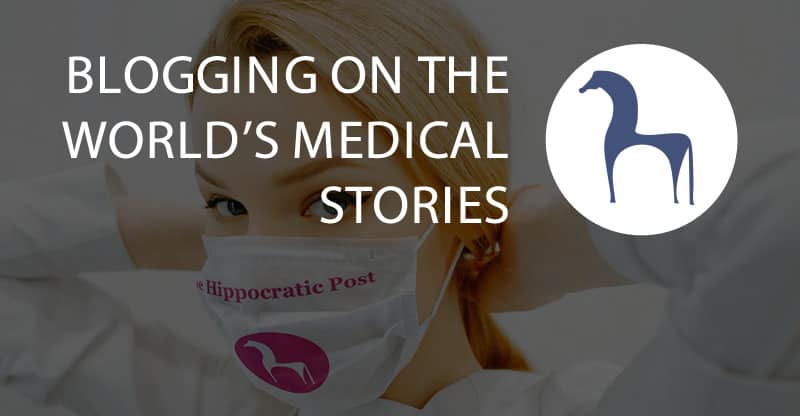I know that the breast cancer screening programme for the over 50s saves lives. When I started working in Breast Clinics at King’s College Hospital in the 1980s, it was common to see female patients for the first time with advanced cancer and tumours that were already destroying skin and breast tissue. Now, that is rare.
The evidence is strong for breast screening for cancer being effective in women aged between 50 and 70 years old. Women are offered mammogram every three years. Over the last 20 years, the programme has screened 19 million women and has probably saved at least 25,000 women from a premature death from breast cancer. At the moment, we screen around 1.8 million women each year.
I would like to see the time gap reduced from every three years to every two years. That would bring us more into line with other European countries and would help catch faster growing aggressive cancers.
The biggest technical advance in breast screening is digital mammography which came in over the past five years. All mammography screening in the UK is now digital which offers greater precision, better quality and higher efficiency. The development of MRI screening has also leapt ahead and ultrasound is also very important. Biopsy technology is now extremely accurate and more finely tuned than a couple of decades ago. In the future we can look forward to 3D mammography for front line screening. However, trials need to take place before this comes into practice. Research has given us a better understanding of the biology of breast cancers.
I am currently involved in exciting research called The Age Extension Trial – a study to evaluate an age extension to the NHS’s breast screening programme (NHSBSP). At present all women between the ages of 50 and 70 are invited for Breast Screening as part of the NHS Breast Screening programme. The age range is being broadened to include women between the ages of 47 and 73 to investigate whether there is much benefit to extending the age range. The age extension to the NHSBSP is being phased in over a number of years. During this time some women between the ages of 47-49, and others between the ages of 71-73 will be invited for breast screening. Researchers are collecting information about the numbers of women who are diagnosed with breast cancer and the number of women who die from the disease over the next 10 years. This trial is being supported by Public Health England, the University of Oxford and the NHS Screening Programme. Initial results look promising, but the main results of the study are expected in the mid 2020s.
I’d like to see breast cancer screening broadened to include younger and older age groups of women aged 47-50 and 70-73 enabling doctors to save more women’s lives.
Screening is actually one of our best weapons in defence against deaths from breast cancer and of course it should continue.’
- Why breast cancer screening is vital - 8th March 2016


